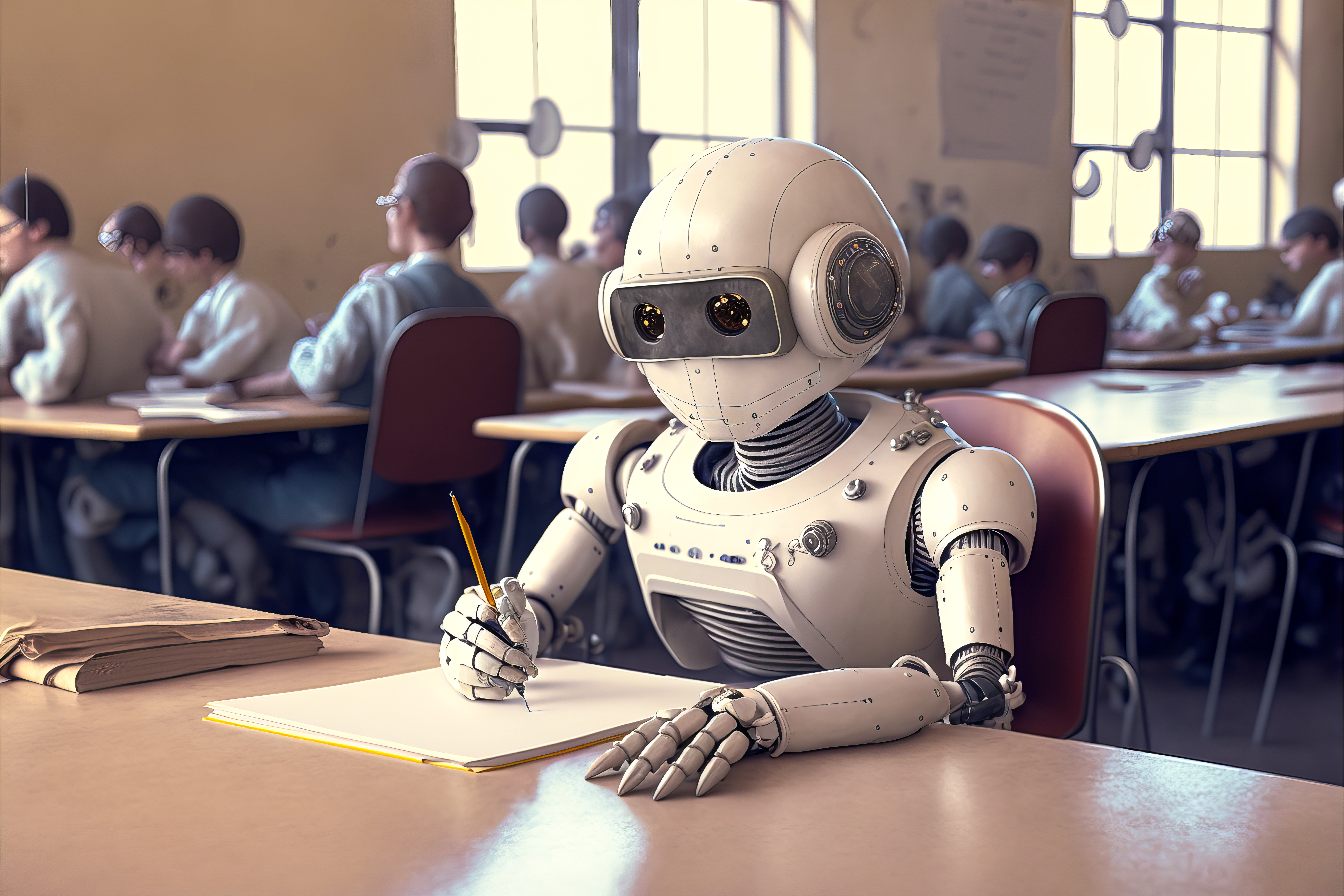Artificial Intelligence (AI) has been one of the most significant technological advancements in recent years. It has transformed numerous industries by automating routine tasks, increasing efficiency, and reducing costs. However, there is a growing concern that AI can make humans obsolete if they fail to upskill. In this article, we will explore how AI can make humans redundant, the importance of upskilling, and how to stay relevant in the age of AI.
The Role of AI in Making Humans Obsolete
AI has the potential to make humans obsolete in many ways. One of the most significant is its ability to automate routine tasks. As AI technology becomes more advanced, it can handle increasingly complex tasks that were once done by humans. This means that many jobs, including those in manufacturing and retail, are at risk of being automated.
Another way that AI can make humans obsolete is through its ability to learn and adapt. AI systems can analyze large amounts of data and make predictions based on that data. This means that they can identify patterns and trends that humans may not see, and make decisions based on that information.
The Importance of Upskilling
To remain relevant in the age of AI, upskilling is essential. Upskilling involves acquiring new skills and knowledge that are relevant to the changing job market. This can include learning new technologies, developing new skills, and even pursuing new career paths.
Upskilling is important because it allows individuals to adapt to the changing job market and stay relevant in their field. It can also lead to higher-paying jobs and increased job security.
How to Stay Relevant in the Age of AI
There are several ways to stay relevant in the age of AI. The first is to stay informed about the latest technologies and trends in your industry. This can involve reading industry publications, attending conferences, and taking online courses.
Another way to stay relevant is to develop new skills that are in demand in your industry. This can involve learning programming languages, developing new technical skills, or pursuing additional certifications.
Finally, it is important to be open to new opportunities and career paths. As the job market changes, new opportunities may arise that require different skills and knowledge. Being open to these opportunities can lead to new career paths and increased job security.
Conclusion
AI has the potential to revolutionize numerous industries, but it also poses a threat to the workforce. However, by upskilling and staying informed about the latest technologies and trends, individuals can remain relevant and secure in their careers. It is important for individuals and organizations to invest in upskilling to ensure that they are prepared for the changes that AI will bring.
FAQs
What is upskilling?
Upskilling involves acquiring new skills and knowledge that are relevant to the changing job market.
Why is upskilling important in the age of AI?
Upskilling is important because it allows individuals to adapt to the changing job market and stay relevant in their field. It can also lead to higher-paying jobs and increased job security.
How can individuals stay informed about the latest technologies and trends in their industry?
Individuals can stay informed by reading industry publications, attending conferences, and taking online courses.
What are some examples of new skills that are in demand in the age of AI?
Examples of new skills include programming languages, technical skills, and additional certifications.
Why is it important to be open to new opportunities and career paths in the age of AI?
As the job market changes with the introduction of AI, new opportunities and career paths may arise that require different skills and knowledge. Being open to these opportunities can lead to new and potentially lucrative career paths, as well as increased job security. In addition, being open to new opportunities and career paths can help individuals stay relevant and adaptable in the changing job market.
What are the potential consequences of not upskilling in the age of AI?
The potential consequences of not upskilling in the age of AI include job loss, decreased job security, and lower wages. As AI systems continue to automate routine tasks, many jobs that were once done by humans may become obsolete. Additionally, those who fail to upskill may find it difficult to find employment in industries that require new skills and knowledge.
Can upskilling help individuals and organizations prepare for the changes that AI will bring?
Yes, upskilling can help individuals and organizations prepare for the changes that AI will bring. By acquiring new skills and knowledge, individuals can adapt to the changing job market and remain relevant in their field. Similarly, organizations that invest in upskilling their employees can remain competitive and adapt to the changing business landscape.
How can organizations encourage upskilling among their employees?
Organizations can encourage upskilling among their employees by offering training programs, tuition reimbursement, and other incentives for learning new skills. By investing in their employees’ development, organizations can ensure that they have the skills and knowledge necessary to succeed in the age of AI.
What are some industries that are particularly vulnerable to job loss due to AI?
Industries that are particularly vulnerable to job loss due to AI include manufacturing, retail, and customer service. These industries often involve routine tasks that can be automated by AI systems, making them more susceptible to job loss.
What are some industries that are likely to see growth in the age of AI?
Industries that are likely to see growth in the age of AI include healthcare, education, and cybersecurity. These industries require skills and knowledge that cannot be easily automated by AI systems, making them less vulnerable to job loss. Additionally, these industries are likely to see increased demand as AI systems become more prevalent in society.






